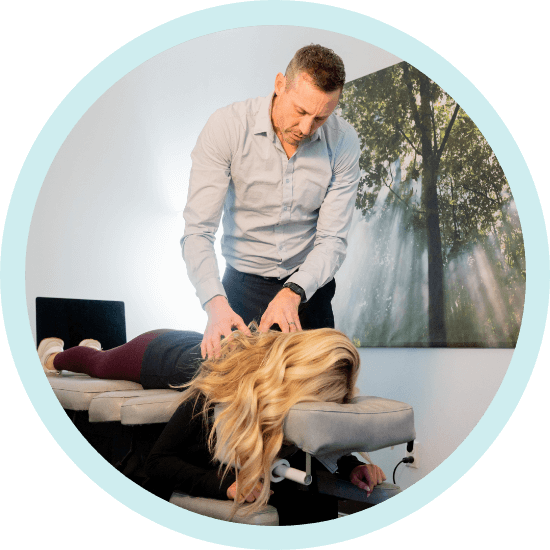
Leading The Way To Physical, Mental, and Emotional Freedom
Our approach is simple – we care about helping you feel better. Whether you’re struggling with physical, emotional or psychological pain, our team is here to help. We offer both chiropractic care and mental health services under one roof because we know that true healing often requires both. Our patients tell us they appreciate having all their care in one welcoming place.
From gentle chiropractic adjustments to supportive counseling sessions, we offer everything you need to feel your best. Our chiropractors specialize in treating back pain, neck pain, headaches, and sports injuries, while our mental health team provides support for anxiety, depression, relationship issues, and personal growth. We also offer specialized care for children, pregnant women, and seniors. Whatever brings you in, we’ll create a treatment plan that fits your unique needs and goals.




